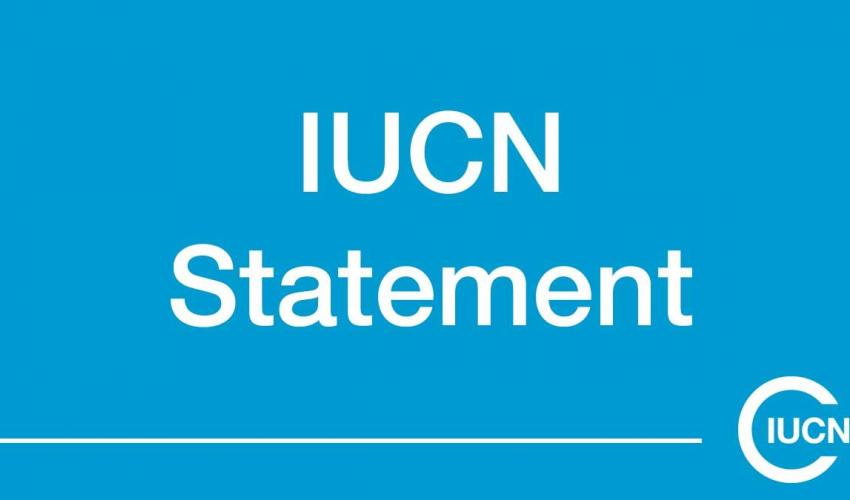Collaborative Event Ethnography of the CBD COP10
Ken MacDonald, Co-Chair of the CEESP Theme on Culture and Conservation together with CEESP members Lisa Campbell, Pete Brosius and Noella Gray are leading an international team of researchers from several universities to undertake a Collaborative Event Ethnography (CEE) at the 10th Conference of the Parties (CoP10) of the Convention on Biological Diversity (CBD) in Nagoya, Japan in October 2010.

Photo:
Other CEESP members participating include Rebecca Witter, Sarah Hichner and Ted Maclin. This work is building on similar research conducted during the World Conservation Congress in Barcelona. The results of that work will appear shortly in the online journal Conservation and Society.
The research approach treats meetings like the CBD-COP10 as sites or moments of negotiation and decision-making in on-going, broader policy-making processes that provide opportunities for researchers to examine how ideas about conservation emerge, gain traction, and are contested, debated and traded-off against one another. This research probes the processes at stake in determining what conservation is, who participates in such processes, and with what consequences. To do this, the team will engage in ethnographic research practices modified to reflect the untraditional nature of meetings as field sites. Working collaboratively, the team is better able than individual researchers to capture the dynamics of meetings and to address crosscutting themes.
The proposal builds on experiences with and lessons learned from the first CEE, undertaken at the 4th World Conservation Congress of the International Union for the Conservation of Nature in 2008. The method is applied to a series of research objectives: 1) to analyze the dynamic role of individuals and groups, and their networks, in shaping the ideological orientation of global environmental governance institutions like the CBD; 2) to document the social, political, and institutional mechanisms and processes used to legitimate and contest ideas about what conservation is (or should be); 3) to relate the team's individual research experiences of social-ecological dynamics in diverse locales around the world to the agendas established in venues like the CBD-CoP10 in order to better understand how ideas about conservation ‘travel' across scale and with what consequences.



